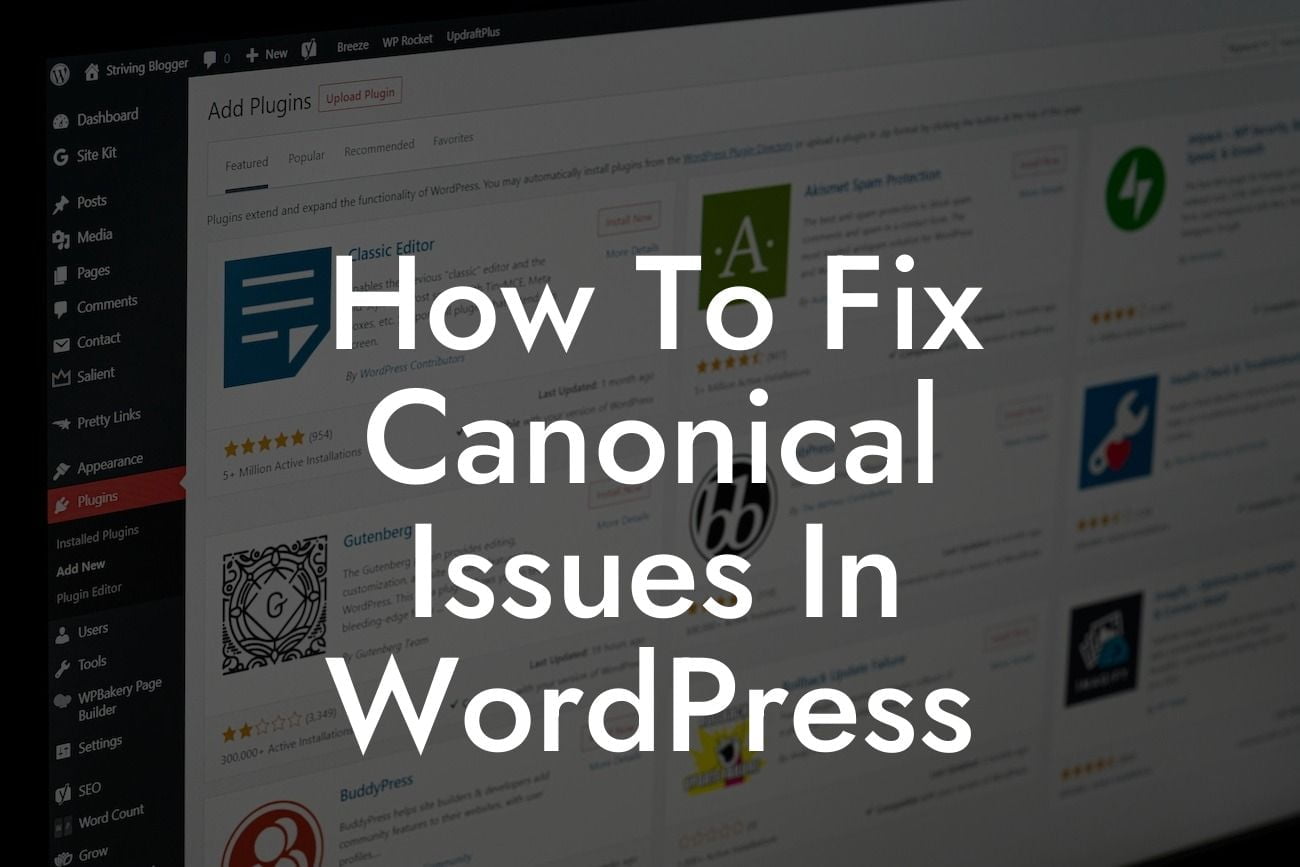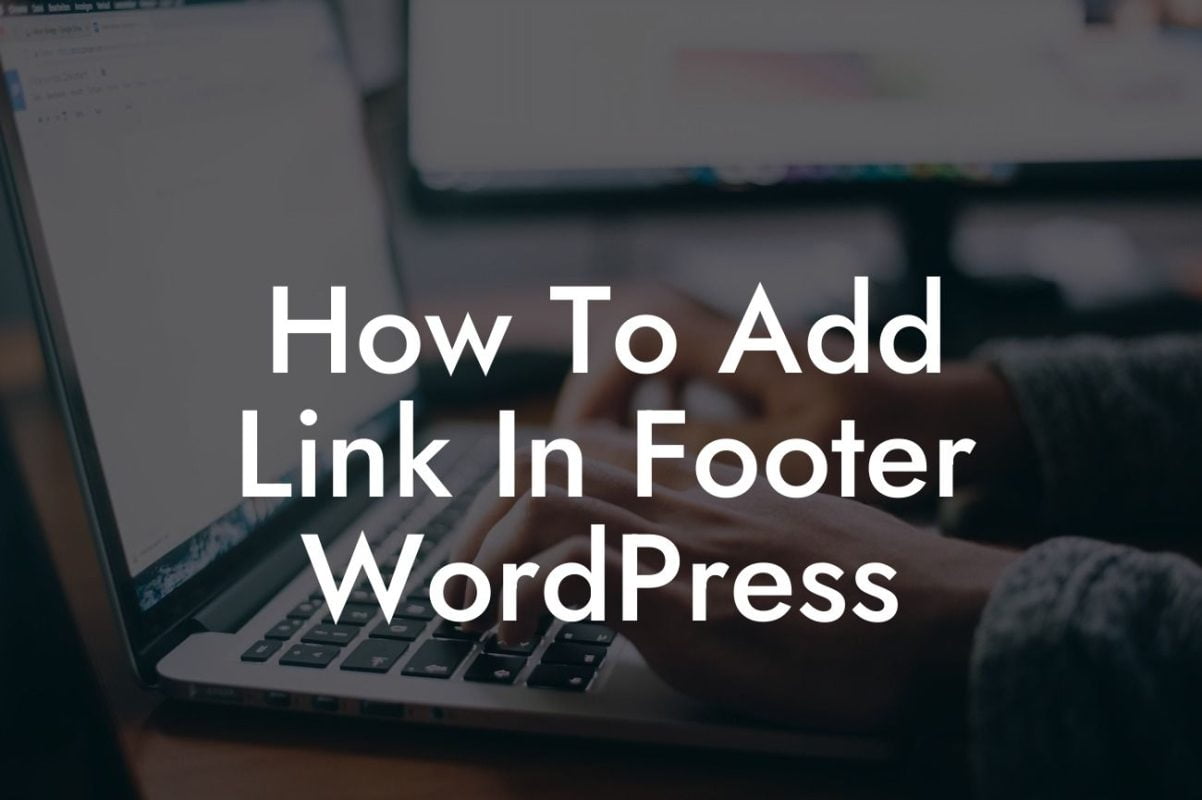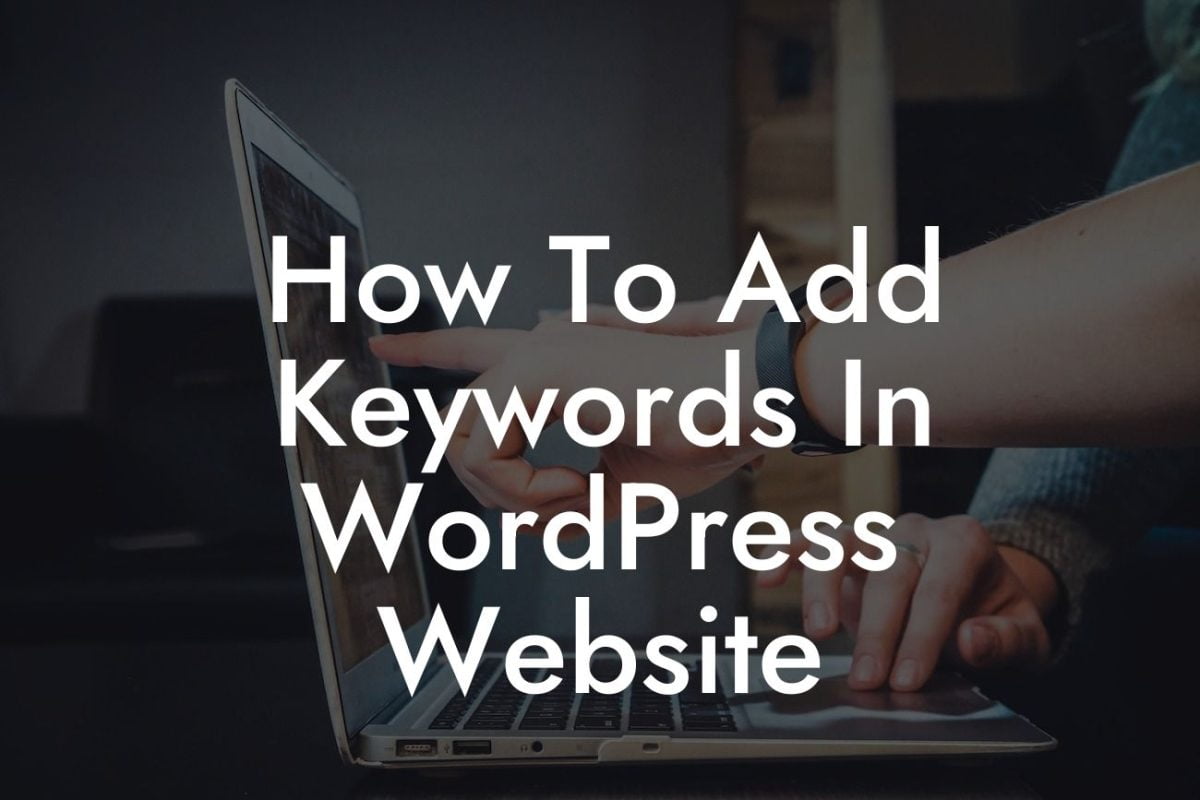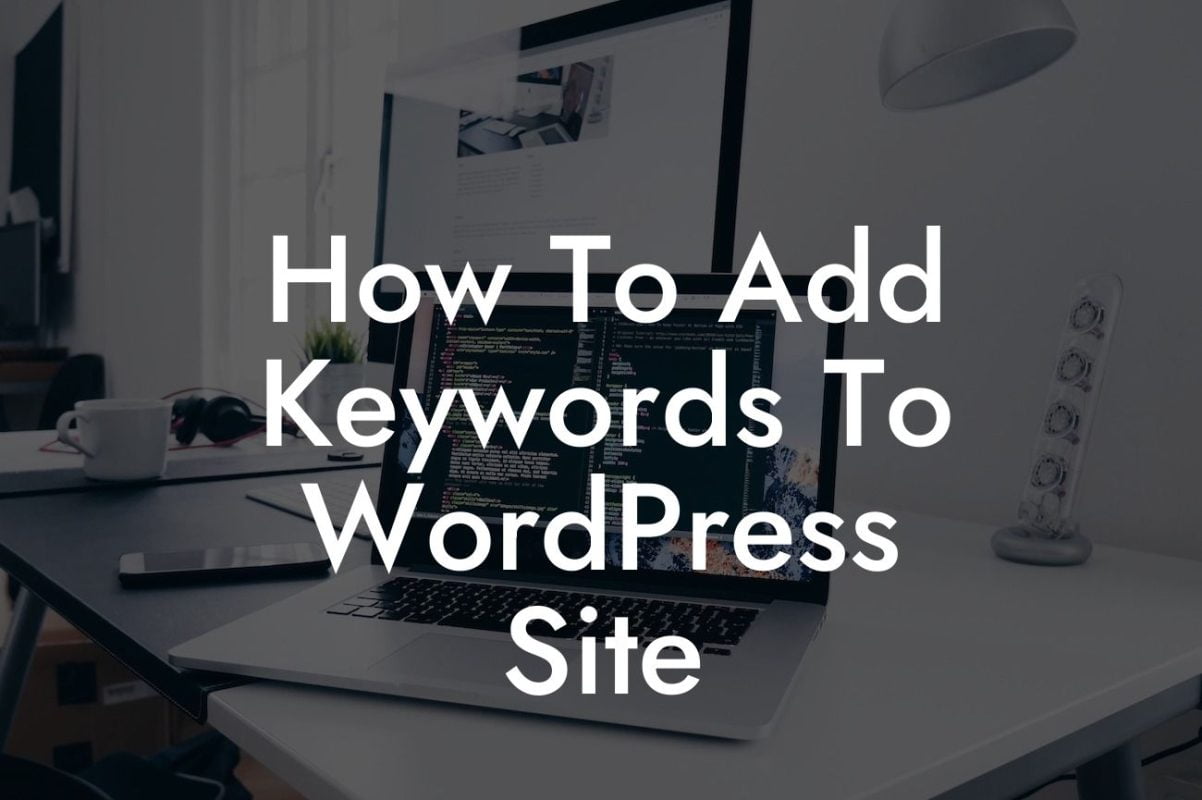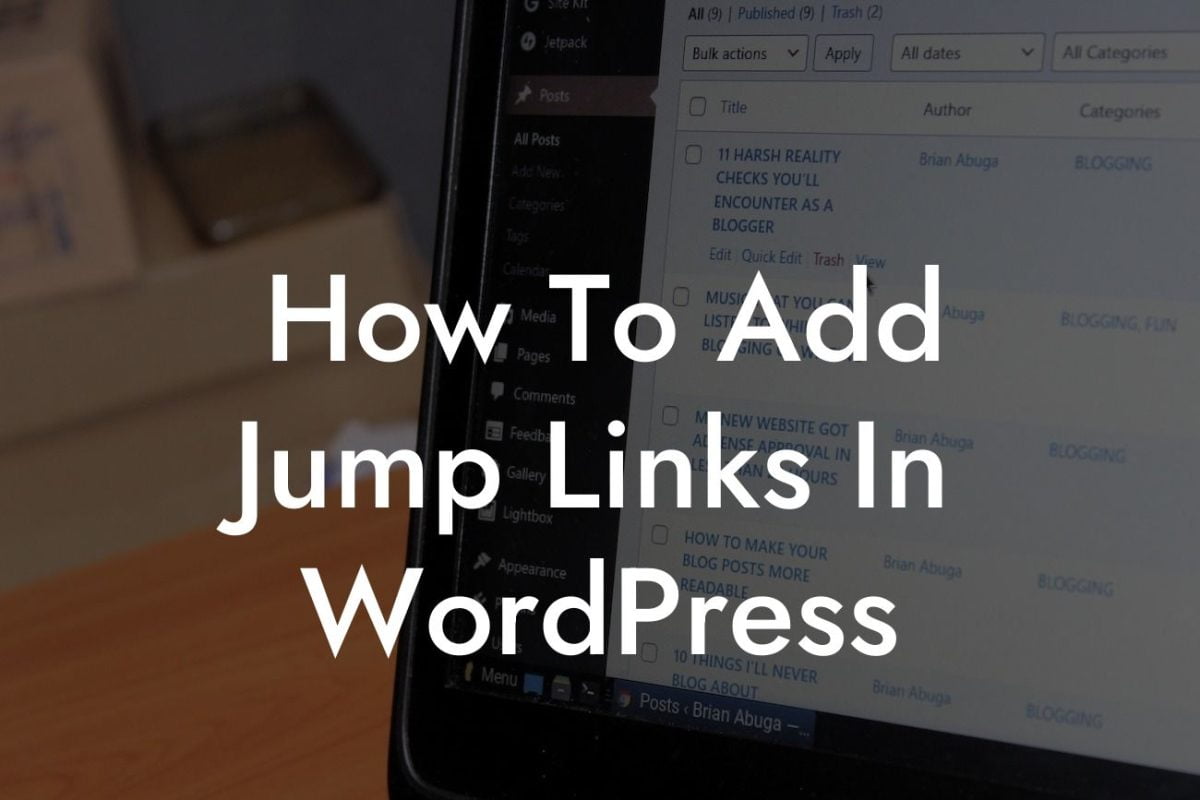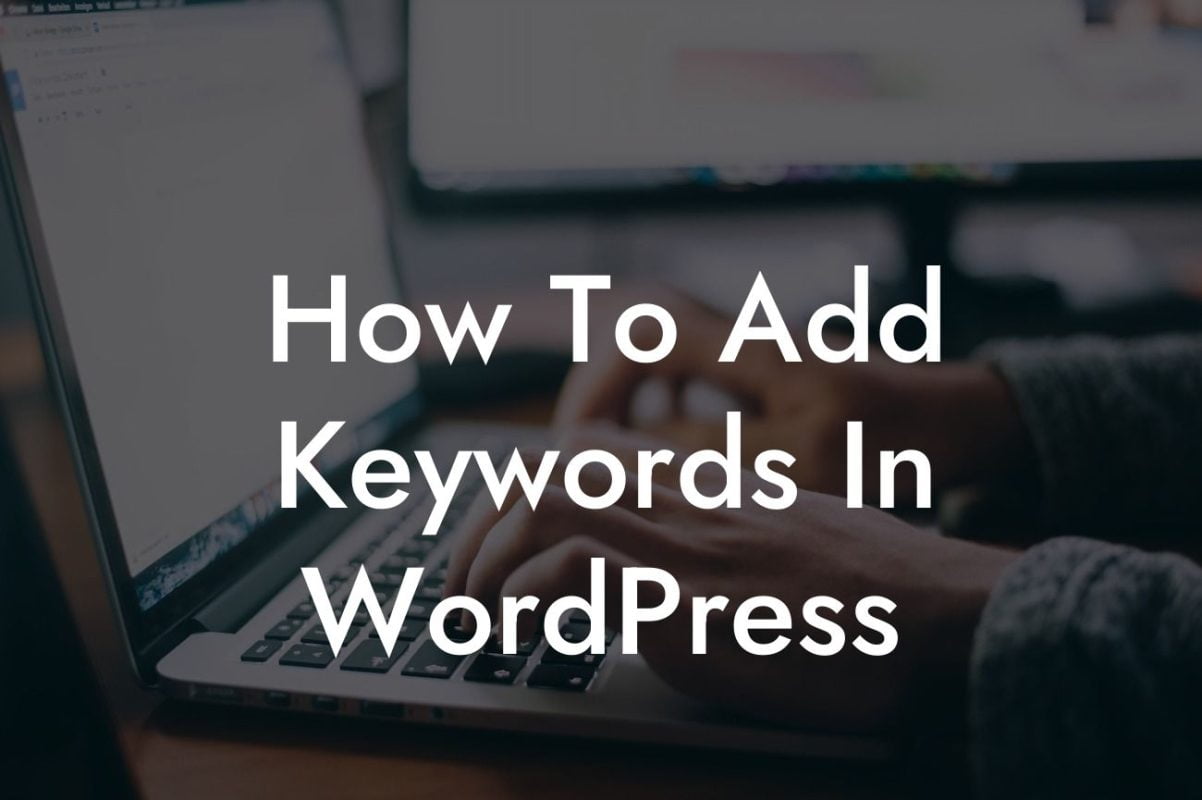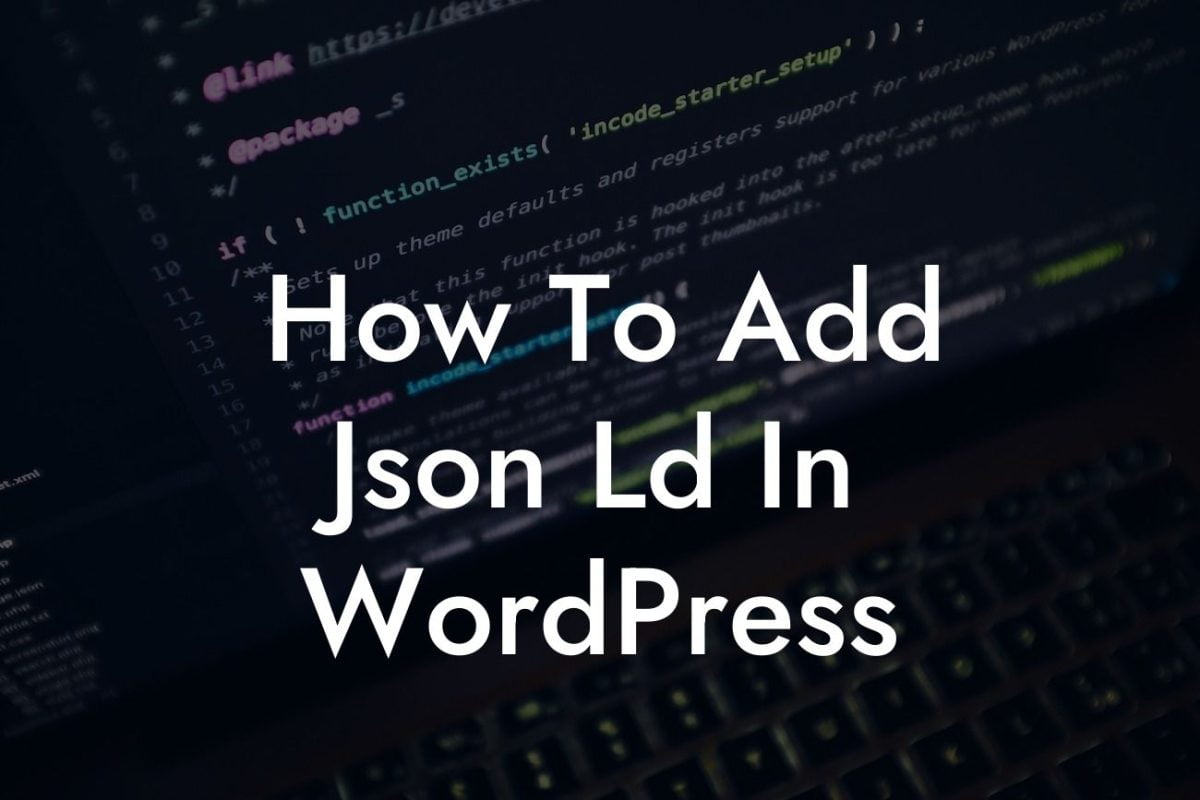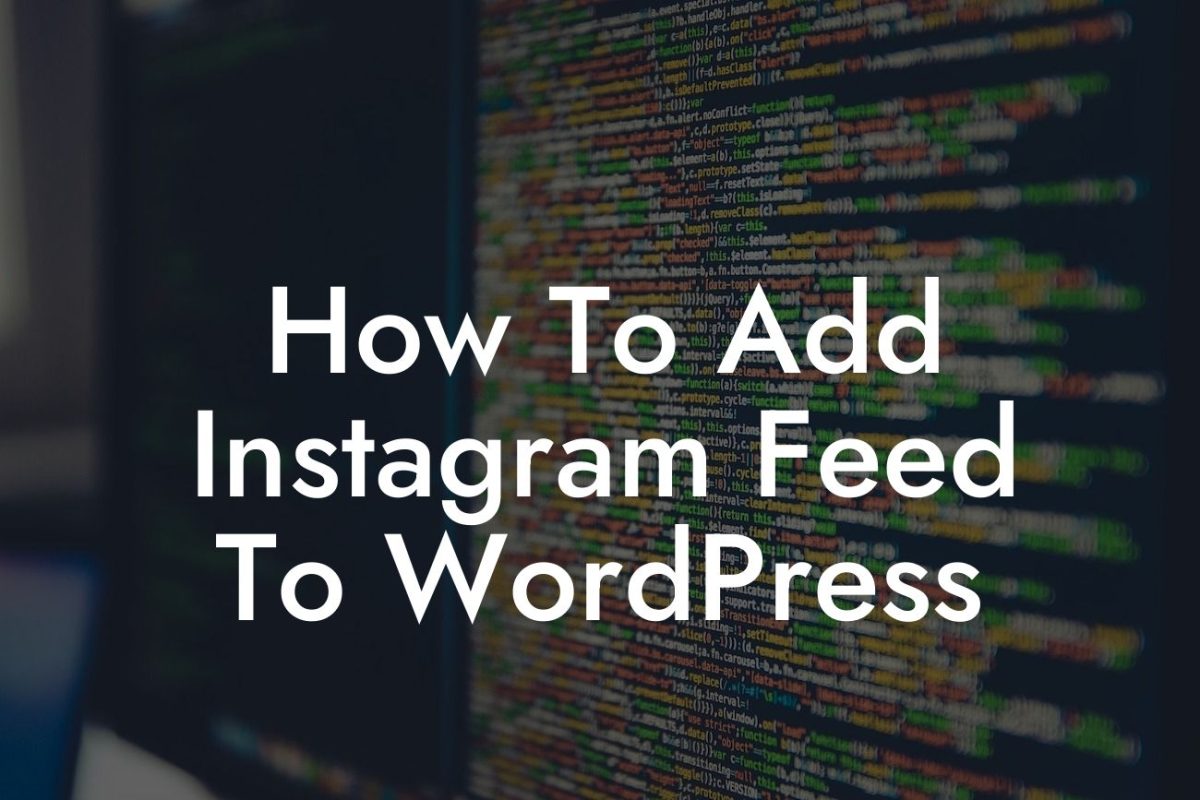Canonical issues can wreak havoc on your WordPress website's SEO efforts, causing duplicate content and confusion for search engines. Fortunately, fixing these issues is not as daunting as it may seem. In this article, we will guide you through the process of identifying and resolving canonical issues on your WordPress website. Get ready to take your SEO game to the next level and boost your online presence.
Canonical issues arise when multiple URLs lead to the same content. Search engines often penalize websites for duplicate content, resulting in lower rankings. To overcome this, we need to implement canonical URLs on your WordPress site. Here's a step-by-step guide to fix canonical issues:
1. Identify duplicate content: Use tools like Screaming Frog or Google Search Console to identify pages with duplicate content. Analyze the URLs and determine which ones should be canonical URLs.
2. Set up canonical URLs: Once you've identified the proper canonical URLs, you can implement them using WordPress plugins like Yoast SEO or All in One SEO Pack. These plugins provide easy-to-use options to set the canonical URL for each page or post.
3. 301 redirects: In some cases, duplicate content may already exist due to multiple URLs pointing to the same content. In such cases, set up 301 redirects to the canonical URL. This ensures search engines understand which URL should be indexed and ranked.
Looking For a Custom QuickBook Integration?
4. Parameter handling: If your website uses query strings or parameters in URLs, it's crucial to handle them properly. Some URLs may lead to the same content but have different parameters. Use canonical tags or parameter handling plugins (like WP Rocket) to consolidate these URLs and avoid duplicate content issues.
How To Fix Canonical Issues In Wordpress Example:
Consider a small business website that offers different services. Each service has its own page, but the contact form URL for all services is the same. Without proper canonical URLs, search engines may consider the contact form page as duplicate content and cause SEO issues. By setting up canonical URLs, the business ensures that search engines only index and rank the individual service pages, eliminating any penalties for duplicate content.
Congratulations! You've successfully learned how to fix canonical issues in WordPress. By implementing canonical URLs and handling parameters correctly, you've taken a significant step toward improving your website's SEO and enhancing your online presence. Don't forget to explore other informative guides on DamnWoo and check out our awesome WordPress plugins to supercharge your success. Remember to share this article with others who may also benefit from this valuable knowledge.

